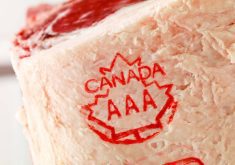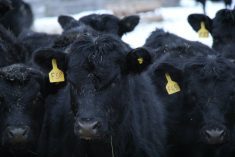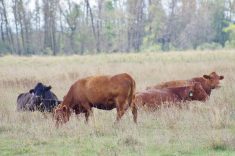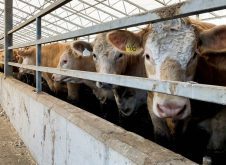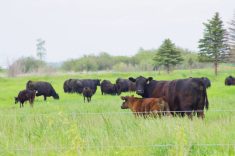The new chief marketer for Canadian beef has plenty to keep him busy.

Francis Andres, Canada Beef’s new executive vice-president, had a lengthy report on the agency’s promotional work in the past year.
Andres — who counts stints with Safeway, Saputo, and Kraft Foods in his lengthy resumé — was hired in May just as a new promotion with 300 Walmart Canada stores was rolling out.
“It allows for significant Canadian beef brand exposure distributions gains that were national in scope,” he said.
Similar retail marketing partnerships are in effect with Loblaws, Costco, and Federated Co-op Limited. There’s also a new campaign with Harvey’s, an ongoing “100 per cent Canadian beef” marketing initiative with Wendy’s, and other promotional partnerships with chains such as Tim Hortons, Boston Pizza, and White Spot.
Then there are its national campaigns. One is Nature’s Powerful Protein, which touts both nutritional advantages of eating beef versus plant protein. It features pitches such as, “Consider this: You would need to eat 102 almonds (714 calories) to get the amount of protein in 75 g of cooked trimmed beef!”
“Nature’s Powerful Protein focuses on the goodness of beef as a nutrient-dense, safe ingredient and quality protein versus plant proteins and other animal proteins,” said Andres, who replaced Rob Meijer as executive VP.

The Beef Know-how campaign shows people how to prepare beef at home successfully while the Be(ef) Inspired campaign is geared to new cooks and younger people, encouraging them to think about beef for meals, with recipes and imagery featuring global ingredients.
Over the past 18 months, these three umbrella programs have reached more than 52 million people, said Andres.
He also said Canadian beef exports were up 6.4 per cent in volume and 10.2 per cent in value, with sales to China, Hong Kong, and Macau all increasing. Mexico was another clear winner (volume of sales rose by 16.3 per cent) and there’s good progress in Japan, thanks in part to a campaign with a Japanese celebrity chef who has created recipes for Canadian beef. This program has partnered with 570 retail stores across Japan.
Read Also
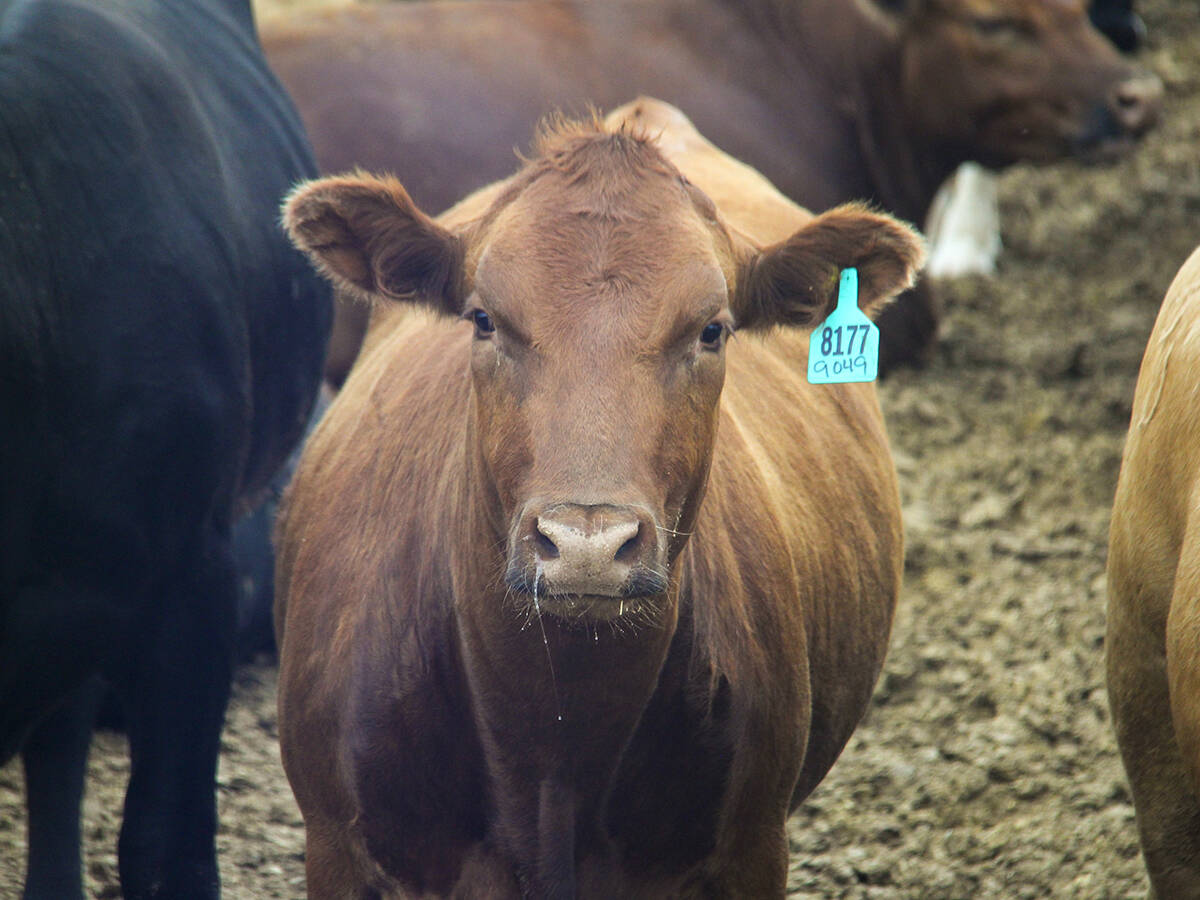
Countdown begins for traceability
Canadian cattle producers are awaiting new federal traceability regulations following a two-year consultation process.
But Canada needs better trade access to that market, said Andres.
“There is an immediate need to have top-level discussions with Japan on economic partnership agreements to sustain longer growth,” he said.
Chinese growth is also focused on building brand awareness, and the U.S. has better access to that market, he said.
Canada Beef has also been focusing on innovation with close tie-ins with packers, retailers, and food-service partners. The Canadian Beef Centre of Excellence has also started community outreach efforts, including fundraising to benefit the victims of fires in British Columbia through the Canadian Red Cross and the Salvation Army.
The strategic plan for 2018 will focus, in part, on refining marketing to different segments of the population. It will also seek to identify an overarching emotional hook using Canadian beef heritage to attract consumers’ attention, said Andres.





